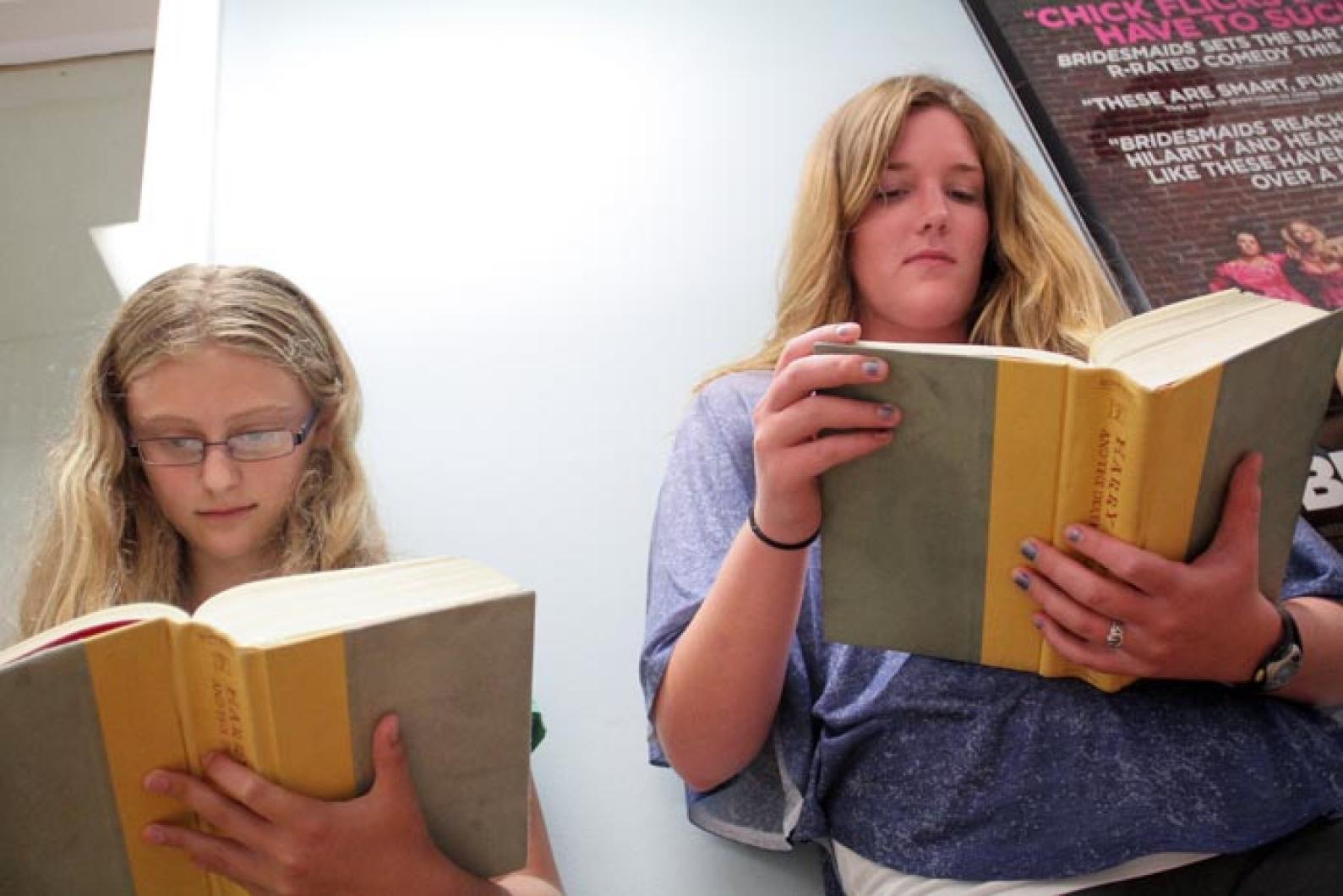I never met Richard Robinson, who died in Chilmark at 84 years of age last week. But 100 million children he never met are alive today because of his vision and commitment to teaching children the realities of the world we live in.
Like so many of us, I grew up on Scholastic publications. I couldn’t wait for the magazine to arrive in my elementary classroom. I wanted my Weekly Reader, I belonged to Scholastic book clubs . . . I grew up with Scholastic.
As I grew older, Scholastic continued to reach me through its remarkable publishing division; books I wanted to read and own Clifford the Big Red Dog, Goosebumps, The Hunger Games, but most important to this tribute is Harry Potter.
In 2004, I was completing a seven-year project on global child labor and human slavery, the first documentary on child labor around the world, Stolen Childhoods. The film has proven a landmark documentary but at the time of its release we lived in a world where children and adults were completely unaware of child labor. I wanted to change that and I had a friend that worked at Scholastic who put us in touch with the director of Scholastic’s educational publishing, both print and online.
Over a period of several years, Scholastic helped us publish the first-ever educational study guide to child labor. Any child or parent or teacher interested in Harry Potter that visited Scholastic.com was immediately introduced to an ever-expanding website devoted to child labor. Right on the Scholastic home page were stories, videos, interviews, first person accounts, maps, teachers materials all illuminating the human face of child labor. We provided the content and Scholastic, the best in the educational publishing business did the rest.
There was never a cost to our nonproft for this partnership. On the contrary, Scholastic invested in our children, in all children, by hiring writers, creating resources and working directly with us to give students the tools they need to confront the real world we live in. Their efforts have made a lasting and generational difference.
I never met Richard Robinson. I wish I had. I would thank him on behalf of the 100 million children whose lives his private business helped change irrevocably. When we began the work, a quarter of a billion children were engaged in child labor. By the time our partnership concluded, the ILO reported that 100 million fewer children enslaved. To end the worst human rights abuse in history, directed at our children in the United States and around the world, we needed a partner with vision. We found that partner at Scholastic.
Today, our Island nonprofit, Media Voices for Children is once engaged in creating a child labor curriculum for grades 8-12. You can learn more and see a sample of this effort at learnchildrights.org. The platform we have created for our educational resources during this multi year effort. Childhood Unbound will be available in over 108 languages, it will be online and it will be down-loadable for teachers to print. The lessons can be used singly or as a full course of study. It will move the needle forward, it will give user the tools they need to make choices about how they spend their money, invest their time, activate their personal ethics and make children our first priority in all we do.
Scholastic’s partnership led to more exposure but it was the catalyst. Time Magazine for Kids, The American Federation of Teachers and The National Education Association joined in. When we finished and released the film theatrically in 2004, over 25 million U.S. public school children had benefited from the vision of one Island philanthropist.
I never met Richard Robinson, but 100 million children are alive today because he enabled our children to see the world the way it is.
What better legacy could any of us wish for.
Len Morris is co-owner of Media Voices for Children. He lives in Vineyard Haven.





Comments (5)
Comments
Comment policy »